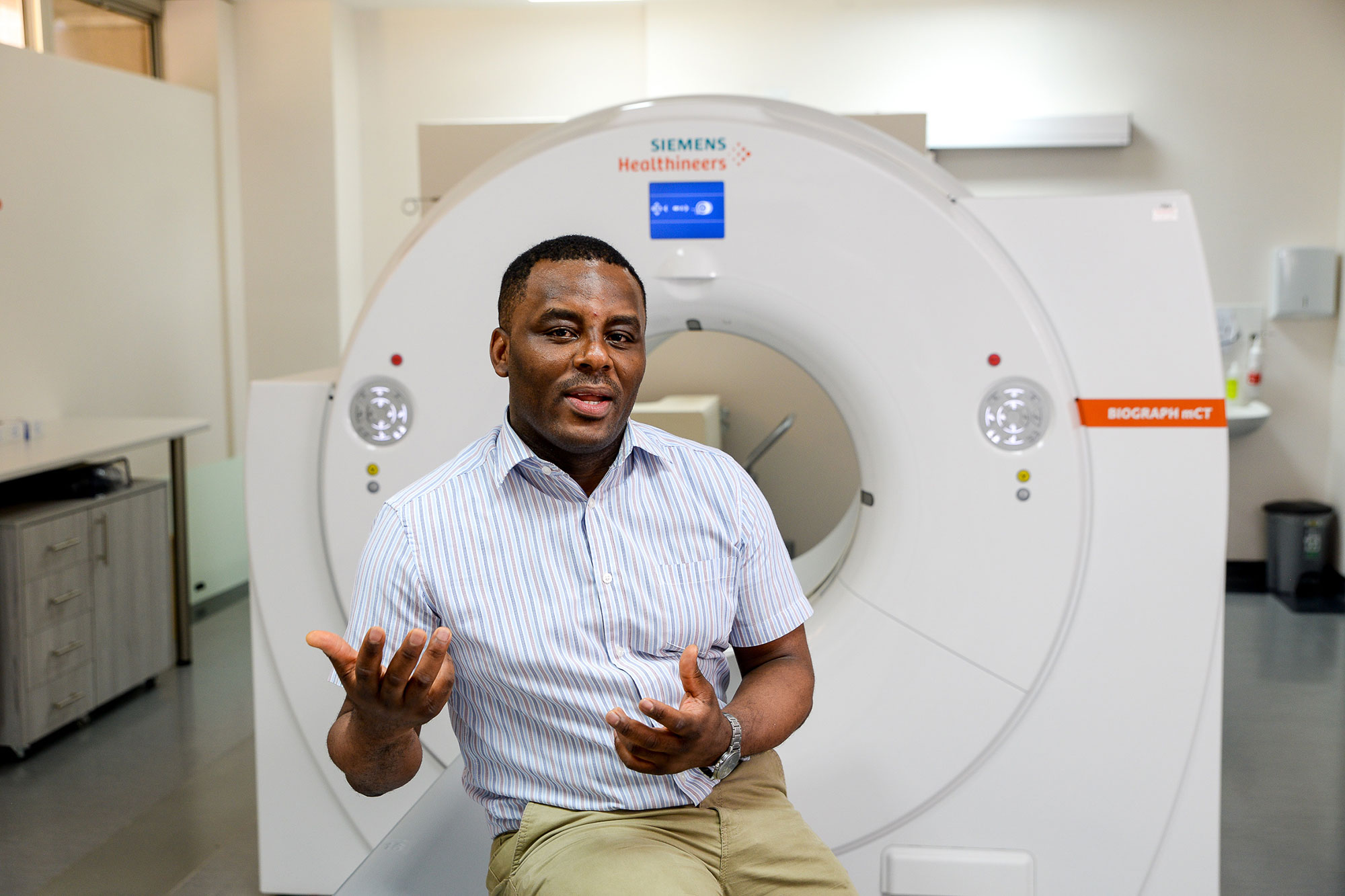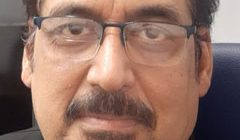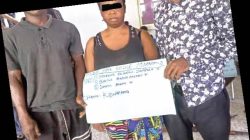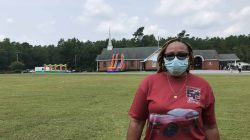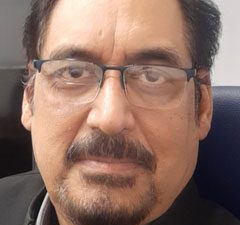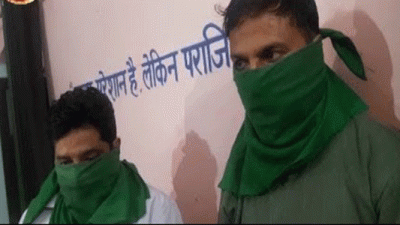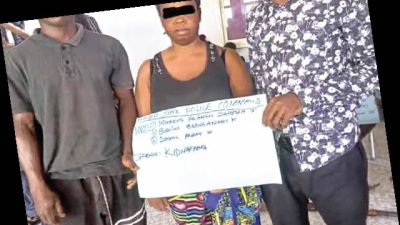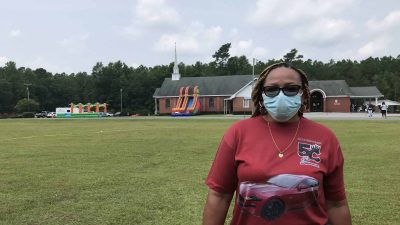The Minister of State for Health and Social Welfare, Dr Iziaq Kunle Salako, on Friday said that the country is yet to take full advantage of nuclear medicine in the diagnosis and treatment of cancer, as well as other diseases.
Salako stated this at the launch of OncoSeek, an early cancer detection and predictive software, during the workshop of the National Nuclear Medicine Technical Working Group on the development of National Nuclear Medicine Guidelines/Policy, held in Abeokuta, the Ogun State capital.
The Minister noted that the increasing burden of cancer in the country required solutions and all management possibilities to tackle the disease.
He said, “The increasing burden of cancer is a thing of concern to the Federal Government. Up to 60 to 70 percent of Nigerians know someone battling with cancer.
“We are therefore implementing programmes cutting across prevention, treatment and control, including the ongoing construction of six cancer centres of excellence across the six geopolitical zones.
“It is also important to note that one critical management modality that we have not properly explored in the delivery of healthcare services in our country is nuclear medicine.
“Despite the rich resources of human capital in the country in the area of nuclear medicine, and our partnership with the International Atomic Energy Agency, Nigeria is not taking full advantage of what nuclear medicine has to offer in the diagnosis and treatment of diseases, including cancers.”
He explained that his ministry inaugurated a technical working group in February 2025, comprising key and diverse professionals in the space, to work out how Nigeria can begin to deploy nuclear medicine services and technologies to improve the health of Nigerians.
He noted that screening services that can detect cancers early, or even at the precancerous stage, are therefore an important mechanism in the prevention and control of cancer.
He assured the Committee of the full support of the Federal Ministry of Health and Social Welfare to ensure that any policy or guidelines they develop will be used to implement practical initiatives in nuclear medicine that can benefit the people.
The Chairman of the National Nuclear Medicine Technical Working Group, Dr Kehinde Ololade, said the aim of establishing the committee by the Federal Government was to develop guidelines and policies for the application of nuclear medicine in Nigeria.
In her remarks, the State Commissioner for Health, Dr Tomi Coker, emphasised the importance of exploring nuclear medicine to reduce cancer morbidity and mortality rates, stating that cancer can no longer be ignored.
The President of the Nigeria Cancer Society, Professor Abidemi Omonisi, lauded the Federal Ministry of Health’s efforts, particularly the Minister of State for Health, for bringing health workers together to focus on cancer prevention.
Provided by SyndiGate Media Inc. (
Syndigate.info
).

